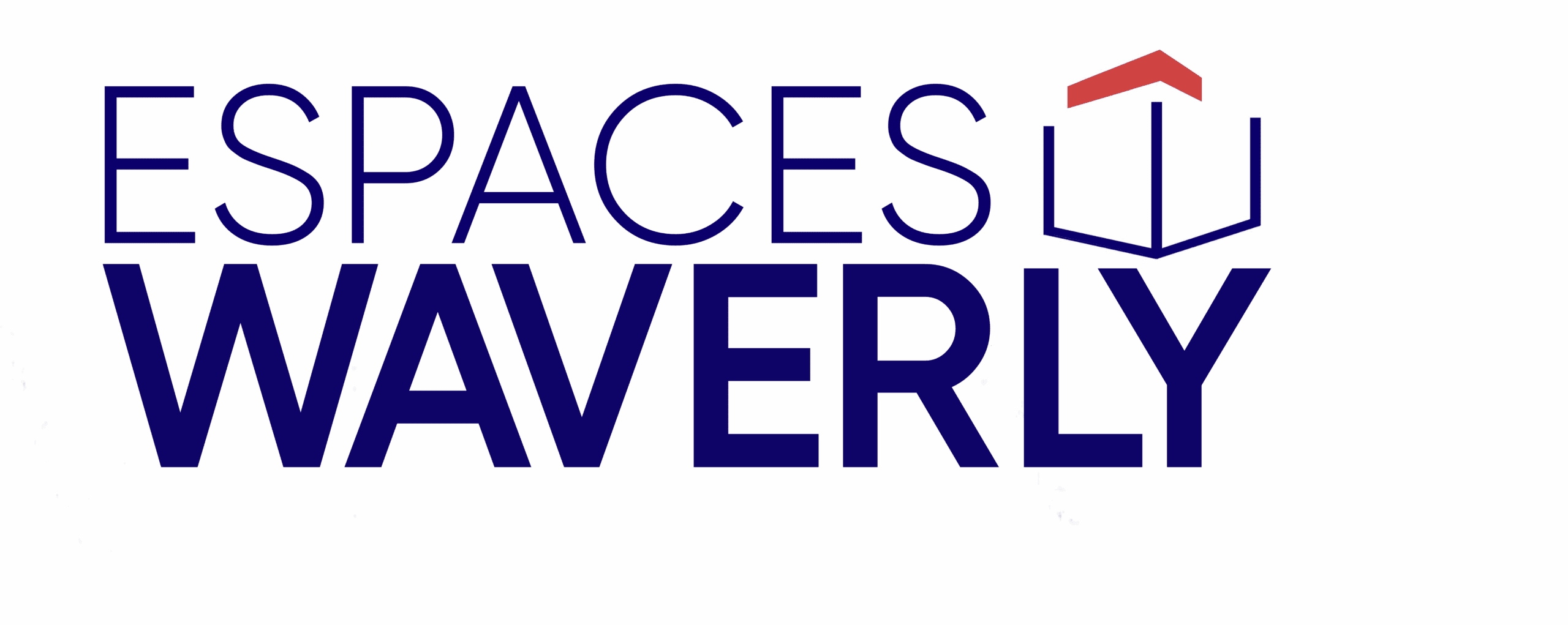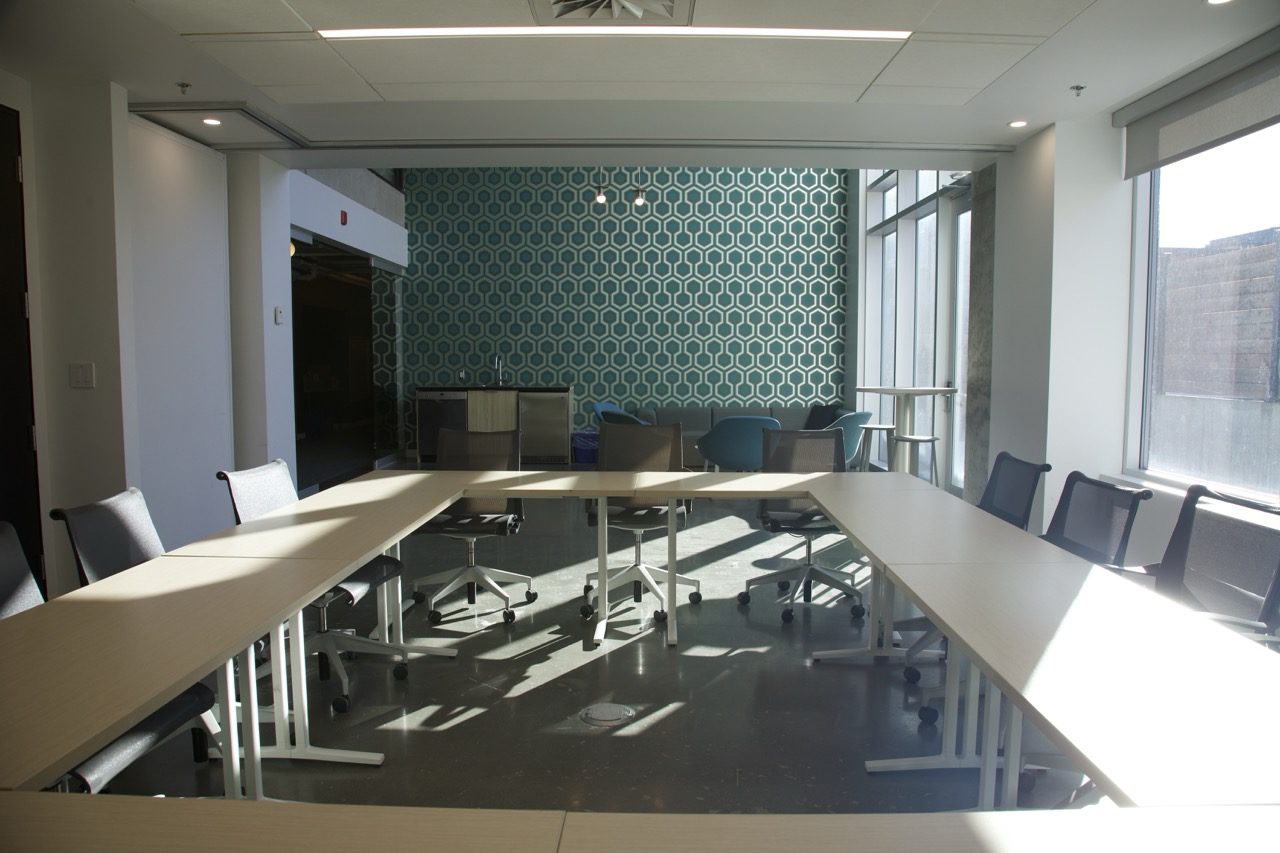For a startup or SME, growth is both a promise and a challenge. Rapidly changing needs, workforce sizes, and objectives require organizational flexibility that traditional commercial leases struggle to provide. Flexible spaces therefore appear to be a strategic solution: they allow companies to focus on their core business while providing a modular, inspiring work environment that is aligned with their development trajectory.
In this article, we will explore how flexible offices provide practical support to startups and SMEs during their transition phases, from creation to expansion, including internal reorganizations.
1. Understanding the specific needs of startups and growing SMEs
1.1 An unpredictable trajectory
Unlike large companies, young organizations evolve rapidly and sometimes unpredictably. A startup can double its workforce in a matter of months or, conversely, reduce its team if the market requires a strategic shift. Space requirements follow this fluctuating curve.
1.2 Limited resources
Startups and SMEs must manage their cash flow rigorously. Committing to a 5- to 10-year lease often represents too great a financial risk, especially when the future is still uncertain.
1.3 The need for organizational agility
In addition to team size, startups often have to reorganize their working methods: adopting a hybrid model, forming small project teams, bringing in external consultants. The working environment must therefore adapt to these dynamics.
2. The limitations of traditional commercial leases
2.1 Rigid commitments
A traditional commercial lease imposes long terms and few options for termination without penalties. For a growing SME, this can become an obstacle.
2.2 Hidden costs
Fittings, furniture, cleaning services, internet connection, miscellaneous expenses… so many unexpected costs that strain the budget and divert resources away from the essentials.
2.3 A model that is poorly aligned with the hybridization of work
Fixed, rigid offices do not take into account new ways of working: teleworking, flex office, nomadic working. Yet young companies are often the first to adopt these practices.
3. The strategic advantage of flexible spaces
3.1 Modularity in step with growth
Flexible spaces allow you to adjust the size of your offices as your workforce grows. Need a larger meeting room to accommodate new clients? Want to switch from a closed office to a collaborative space? Anything is possible without major contractual disruption.
3.2 Cost control
With a package that often includes furniture, high-speed internet connection, maintenance, and shared services, companies benefit from clear budget visibility. Unforeseen expenses are reduced and cash flow is better protected.
3.3 Integrated services
Startups need to focus on their product or service, not on managing a building. In flexible spaces, logistics are delegated: reception, security, equipped meeting rooms, and even event organization.
3.4 An environment conducive to innovation
Beyond the practical aspect, these spaces often bring together a diverse community: other startups, consultants, creatives, established SMEs. This diversity generates exchanges and opportunities for collaboration.
4. Les étapes clés où les espaces flexibles accompagnent la croissance
4.1 The launch phase
At the outset, uncertainty is at its peak. Flexible space allows you to test a market or model without committing to a long lease. It becomes an ideal launch pad.
4.2 The first expansion
When a startup recruits its first employees or an SME expands its teams, it must quickly absorb this growth. Being able to expand your space seamlessly becomes a strategic asset.
4.3 The stabilization phase
Once they reach a certain size, companies need to consolidate their operations. Flexible offices provide a professional setting for welcoming clients and partners, while maintaining the possibility of growth.
4.4 Reorganizations and pivots
Growth is never linear. Sometimes a startup has to reduce its workforce or reorient its business. In such cases, flexible space allows you to adapt your premises without the constraints of a fixed lease.
5. The impact on the company’s culture and attractiveness
5.1 Enhancing brand image
A modern and inspiring office reflects a dynamic and innovative company. This can play a key role in attracting customers, investors, and future employees.
5.2 Attracting and retaining talent
Younger generations are looking for flexible, well-located, and pleasant working environments. Offering a space that promotes well-being and work-life balance is becoming a recruitment argument.
5.3 Promoting collaboration
Common areas, organized events, and relaxation zones encourage informal exchanges, which are sources of innovation and cohesion.
6. The example of Montreal and spaces such as Waverly
6.1 A thriving ecosystem
Montreal attracts many startups, particularly in technology, video games, AI, and creativity. Local SMEs also benefit from this dynamism.
6.2 A strategic location
Being located in the heart of Montreal, in accessible and well-connected locations, is a major asset for growing businesses.
6.3 What Espaces Waverly offers
Espaces Waverly perfectly illustrates this trend: modular, elegant, and modern spaces designed to support every stage of development. Whether for a small start-up team or a rapidly expanding SME, Waverly’s flexible offices offer a professional environment, a stimulating community, and logistical peace of mind.
7. The future of flexible spaces for startups and SMEs
7.1 A sustainable response to changes in the world of work
With hybridization and economic uncertainty, flexible spaces appear to be a sustainable model, not just a temporary solution.
7.2 Toward “à la carte” offices
Companies will increasingly be able to choose not only the size of their offices, but also the associated services, according to their changing needs.
7.3 A lever for competitiveness
Ultimately, having a flexible environment reduces risk, increases agility, and allows you to focus on what matters most: innovation and growth.
Conclusion
The growth of a startup or SME is rarely linear. It requires constant adjustments in terms of staffing, organization, and finances. In this context, flexible spaces prove to be valuable allies. They allow companies to evolve seamlessly, control costs, attract talent, and project a modern image.
Espaces Waverly is part of this dynamic, offering Montreal a flexible and inspiring environment designed to support businesses through all their transitions. More than just a workplace, it is a true partner in growth.


